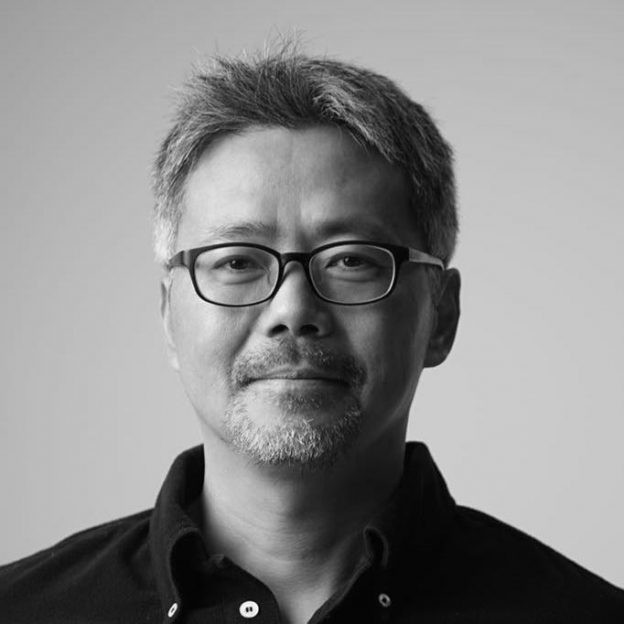Haisong Tang, a Shanghai-based serial entrepreneur and investor, started Elite China, aiming to grow China’s future leaders and thinkers. He also initiated an organization called Technology Reserve to help China’s SMEs to secure technologies transfer from Fortune 100 companies. In 2009 he was responsibile for Intellectual Ventures Physical Science initiative in China to help local investors develop patents and license in the global market. Tang, who has an MBA from Harvard, is currently a faculty member of future/io, a new education and research institute focused on exponential technologies and how Europe might use them to create desirable futures. He recently spoke to The Innovator about why he believes hardware will be more important than software in future and what Europe needs to do to retain a competitive edge.
Q : What sort of technologies should Europe be focusing on in order to compete effectively with China and the U.S. ?
HT : Europe needs to ensure that it has the key technologies underlying manufacturing and supply chain management. Europe created chip companies like ASML, NXP and STMicroelectronics but other upstream activities of the semiconductor industry have been moved offshore. One Taiwanese company, TSMC, now makes 50% of the chips in the world, six OEMs -Foxconn, Quanta, Compal, Pegatron, Winstron, Invenec — control crucial parts of the supply chain and South Korea has the monopoly on the memory side with companies like 3D NAND and DRAM. Rebuilding this competence will require 10 years or 20 years of investment. This requires long-term thinking. Only the governments can do that. This is a big challenge for Europe.
Q : What, in your opinion, are some of the other challenges Europe is facing ?
HT : The European auto industry’s core competency is the internal combustion engine. As the world moves towards electric cars and autonomous cars competency in chips, in battery technology and energy storage will be necessary. If there is not sufficient investment in these technologies Europe will lose the auto industry. Also in future there will be a shift away from owning cars which means brand will become less and less important. This is why it is so important to bring back manufacturing, secondly to try to think long-term and also to regain the semiconductor supply chain. Unless it takes action on semiconductors and energy storage Europe’s auto industry is going to lose its huge edge to the U.S. and to China.
Q : Should Europe be worried about Chinese technological dominance ?
HT : In the past software was the value-add but in the future software will be a commodity and it will be hardware — the chips — that will be considered the most valuable. Everyone will have access to algorithms but those that have developed the chips that run the fastest and consume as little power as possible will be very powerful.
Q : What are the technologies to watch ?
HT : Synthetic biology, genetics, microbiome, energy storage and speech and voice.







